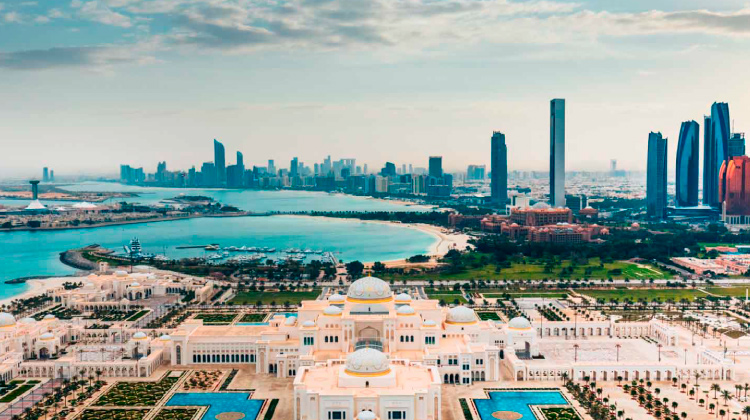History Of Abu Dhabi
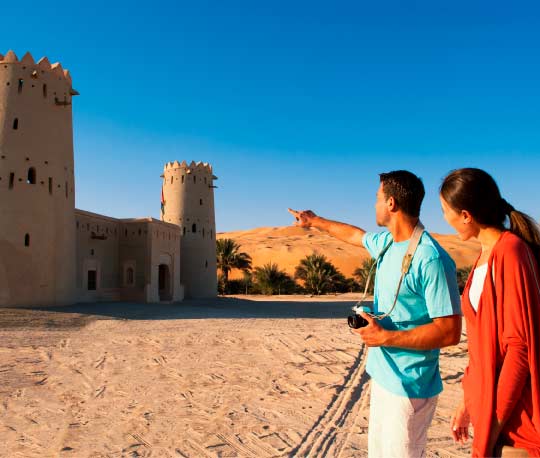
Abu Dhabi is a place of iconic architecture, sprawling mega-malls, rolling golf greens, sandy beaches, 5-star international hotels and a rich mix of nationalities and cultures. It is a 21st-century city. Yet, if you turn back the pages of time, you quickly see that not so long ago, it was a very different place.
Archaeological finds suggest a long history of human settlement in the region. In fact, there is evidence that people have lived there for over 100,000 years. It is thought that in 1761, the Bani Yas tribe discovered drinking water on a remote island - now known as Abu Dhabi - fished and dived for pearls.
The ruling Al Nahyan family descends from the Bani Yas tribe. They originally lived in the Liwa oasis and settled in Abu Dhabi in 1793 where they lived in Qasr Al Hosn for almost two centuries.
The region has experienced centuries of change in terms of industry and influence, and in recent years oil and gas brought prosperity. It was in 1958 that the first oil find was discovered under an old pearling bed in the Gulf and the first cargo of crude oil was exported from Abu Dhabi in 1962.
Four years later, the late Sheikh Zayed bin Sultan Al Nahyan was appointed as ruler of Abu Dhabi and became the driving force behind the formation of the United Arab Emirates in 1971. It is through his wisdom, as an enlightened ruler, a proud nation, and strong economy have been established.
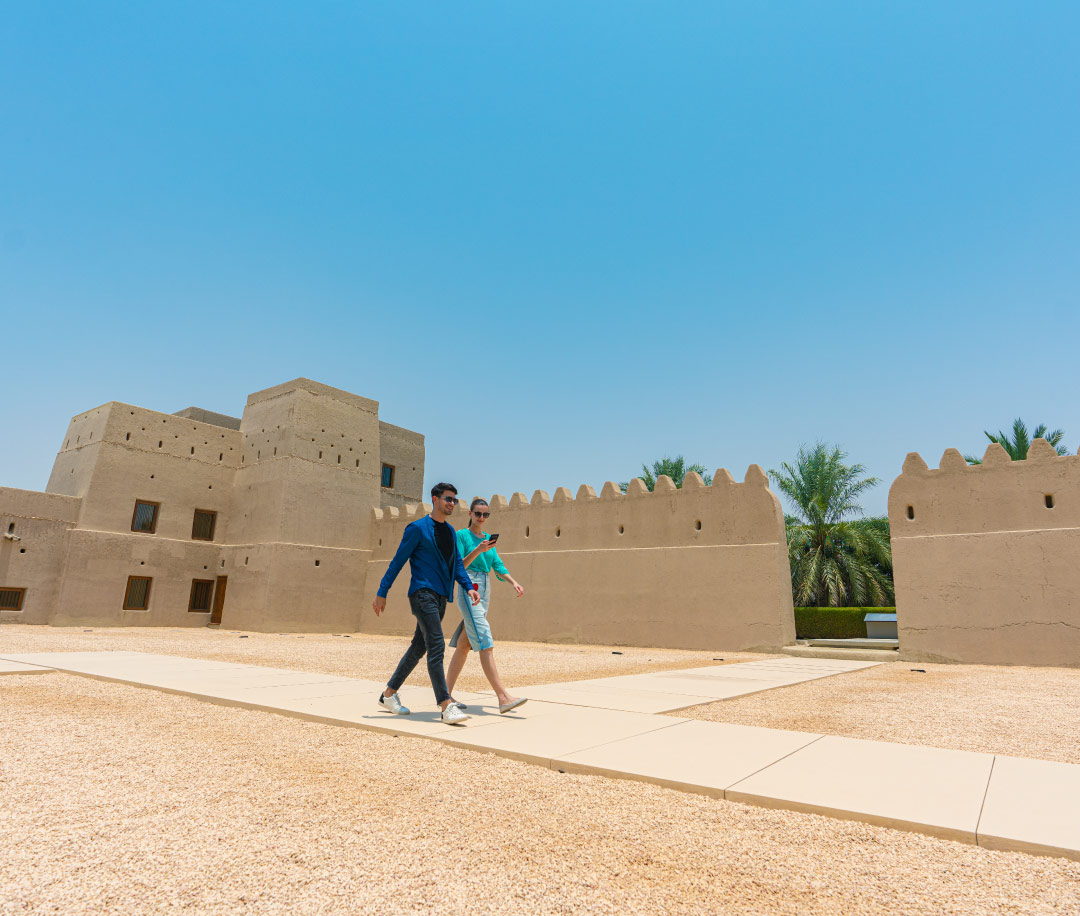
Timeline Of Abu Dhabi
1761 – The Bani Yas tribe discover drinking water on Abu Dhabi Island and settlement begins. The Sheikh of Bani Yas, Shakhbut bin Dhiyab bin Isa Al Nahyan, began uniting regional tribes
1790s - Sheikh Shakhbut bin Dhiyab Al Nahyan becomes ruler of Abu Dhabi in 1795 and Abu Dhabi Island becomes "capital of the Bani Yas tribal confederation"
1818 – Sheikh Tahnun bin Shakhbut Al Nahyan becomes the ruler of Abu Dhabi
1820 - 1853 – A General Treaty of Peace (amongst others) is signed between the British Government and the rulers of Sheikhdoms Abu Dhabi, Dubai, Sharjah, Ajman, Umm Al Quwain, Ras Al Khaimah and Fujairah. The UAE as we know it was then named the Trucial states
1845 – Sheikh Tahnun’s nephew, Saeed bin Tahnun Al Nahyan becomes ruler of Abu Dhabi
1855 – Sheikh Saeed bin Tahnun Al Nayhan’s cousin, Zayed bin Khalifa Al Nahyan (“Zayed the Great / Zayed the First”) becomes ruler of Abu Dhabi
1897 – Abu Dhabi is under the protection of Britain
1901 – The Gulf made up 90 percent of the world's pearl trade
1909 – “Zayed the Great”, Sheikh Zayed Bin Khalifa Al Nahyan dies. His son, Tahnoun bin Zayed bin Khalifa Al Nahyan becomes the ruler of Abu Dhabi
1912 – Sheikh Tahnoun bin Zayed bin Khalifa Al Nahyan’s brother, Hamdan bin Zayed bin Khalifa Al Nahyan becomes ruler of Abu Dhabi
1922 - Sultan bin Zayed bin Khalifa Al Nahyan becomes ruler of Abu Dhabi
1928 - The eldest son of Sultan bin Zayed bin Khalifa Al Nahyan, Shakhbut bin Sultan Al Nahyan becomes ruler of Abu Dhabi
1939 - Sheikh Shakhbout Bin Sultan allows oil companies to start drilling. The Abu Dhabi Petroleum Company is established.
1952 – A council is formed to ensure cooperation between the Trucial States (the seven Emirates).
1958 – Oil is found on Das Island, Abu Dhabi
1959 - The first formal school, Al Nahyaneia Model School opens in Al Ain
1962 – Abu Dhabi exports oil for the first time
1966 – Sheikh Zayed assumed the position of Ruler of the Emirate of Abu Dhabi.
1968 – The British Prime Minister announces that by 1971, British forces will withdraw from the Arabian Gulf entirely. Sheikh Zayed bin Sultan Al Nahyan signs new agreements with foreign oil companies and the Abu Dhabi National Oil Company (ADNOC) is established. Abu Dhabi will now receive 50 percent of oil revenues.
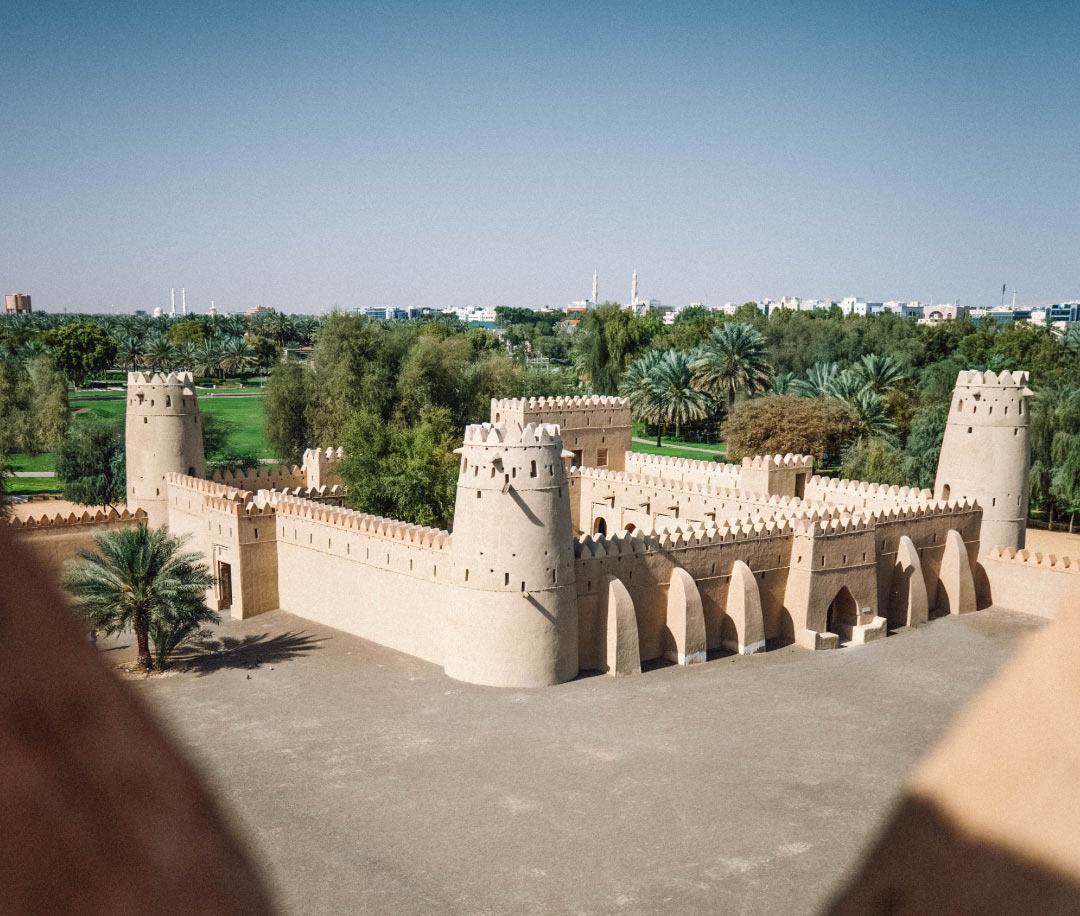
1971 – Establishment of the Union On 2 December, The Trucial States became the United Arab Emirates as Britain withdrew from the Gulf. Abu Dhabi, Dubai, Sharjah, Ajman, Fujairah and Umm Al Quwain
Sheikh Zayed bin Sultan Al Nahyan, the “The Founding Father” of the UAE, became the first President of the union
1972 – The seventh Emirate, Ras Al Khaimah, joined the UAE
1973 – The UAE Dirham, AED currency is launched
1975 - The General Women's Union is founded on 28th of August by her Highness Sheikha Fatima bint Mubarak
1980 – The main road between Dubai – Abu Dhabi (E11) is completed.
1981 – The UAE, Oman, Bahrain, Saudi Arabia, Qatar and Kuwait form a regional economic and regional union called the Gulf Cooperation Council (GCC)
1982- Abu Dhabi International Airport opens
1983 – Defence systems to protect the GCC are established and called the Peninsula Shield Force. Sheikh Zayed also states that a women’s role in society should not be confined to only the raising of children.
1985 – Private higher education institution, Khawarizmi International College opens
1996 – Abu Dhabi is named capital of the United Arab Emirates, the same year as the UAE’s Silver Jubilee celebrating 25 years of independence and Sheikh Zayed’s 30th anniversary as ruler of Abu Dhabi
2001 – Marina Mall and Abu Dhabi Mall opened
2003 – Abu Dhabi launched its official airline, Etihad Airways, and Abu Dhabi University opens
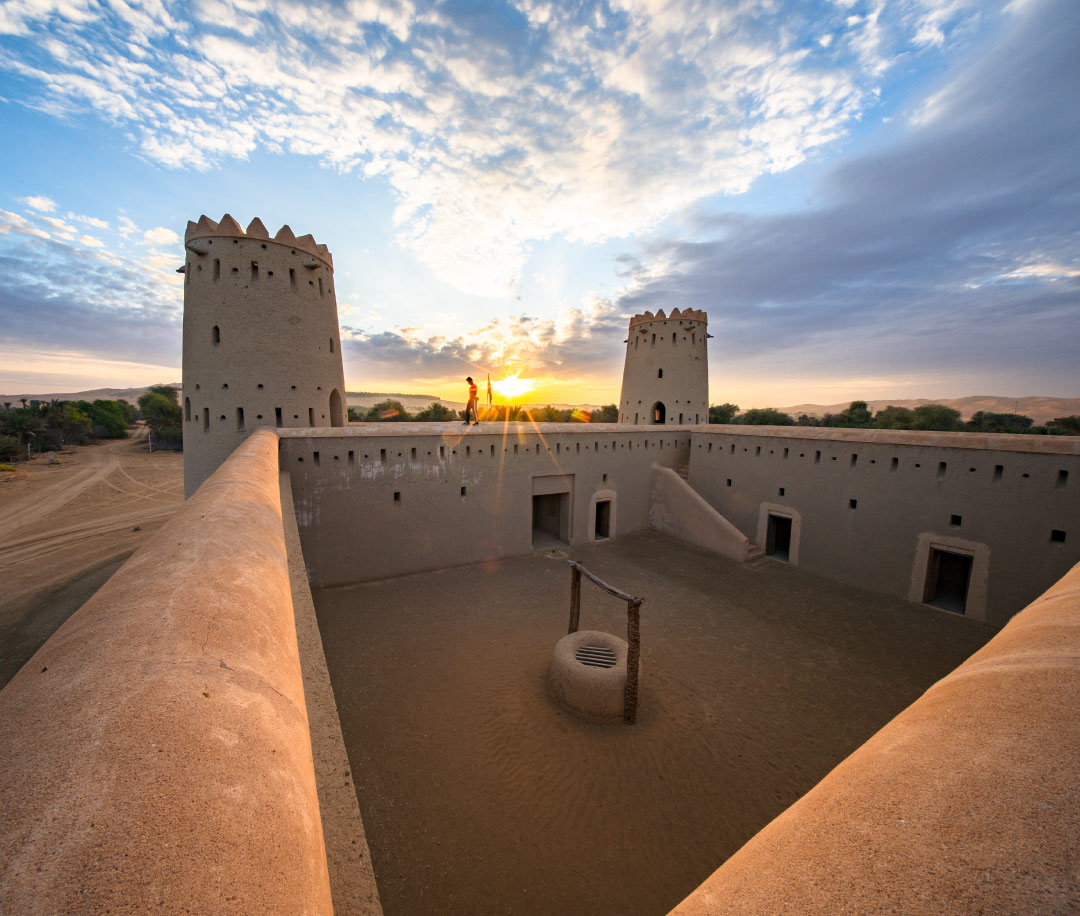
2004 – Sheikh Zayed Bin Sultan Al Nahyan passed away at the age of 86 on November 2. Sheikh Khalifa bin Zayed Al Nayhan (Sheikh Zayed’s eldest son), becomes the ruler of Abu Dhabi and the second president of the UAE
2005 – Luxury five-star hotel, Emirates Palace, was built and the freehold property market opens to foreigners
2007 – The beautiful Sheikh Zayed Mosque was built, and Abu Dhabi National Exhibition Centre opens
2008 – Public transport was established via Abu Dhabi Bus service
2009 – The F1 circuit opens, and the Abu Dhabi Grand Prix begins. Yas Island opens to the public. Construction starts on Louvre Abu Dhabi
2010 – Ferrari World opens
2012 - New York University campus is built
2014 – Yas Mall - Abu Dhabi’s largest mall opens on Yas Island
2015 – In October, Abu Dhabi Global Market (ADGM), the international financial centre and free zone becomes fully operational
2017 - Louvre Abu Dhabi opens. Emirati women occupy 66 percent of government jobs. The oldest known pearl in the world was discovered by archaeologists
2019 – In February, Pope Francis visits Abu Dhabi and the UAE. In March, the 2019 Special Olympics World Summer Games were hosted in the capital for the first time in the region.
The UAE continues to come first among the Arab countries in the “UN World Happiness Report 2020” issued annually by the United Nations Sustainable Development Solutions Network (SDSN)
In July 2020, the UAE became the first Arab nation to launch a mission to Mars. The Emirates Mars Probe “Al Amal,” or “Hope” entered the planet’s atmosphere in 2021, the UAE’s 50th anniversary
2022 – Sheikh Khalifa bin Zayed Al Nahyan passes away and his brother, Sheikh Mohammed bin Zayed Al Nahyan is formally elected president of the UAE, the UAE’s third president




